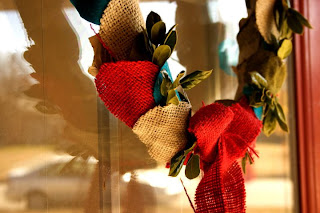OIL, WATER, and the LIES we tell ourselves
I’ve got layers of lies that I don’t even know about yet. Sara Groves
Here’s what happened:
A friend told me something and I believed her. I do that. I’m a believing, trusting sort of person. The thing is, what she told me was only half true. Not half true to her—she told me the truth as best as she could, but it was only half of the whole truth. I didn’t know the other parties involved, so what could I do? I believed her. This is what friends do.
But the water has sunk to the bottom and the oil has risen to the top and with it all the floating particles that are still coated with enough water that I can’t look into that cup without seeing more of the whole story.
And my heart is sick.
Because her true-to-her story was only half of the story and now I know the other half, and the other half is my friend too, and when you love oil and water, even if they hate each other, what can you do? You believe them both with as much grace as you can muster. This is what good friends do.
But at some point the whole thing gets shaken up again and it takes a while for things to settle and while it’s still shaken you feel sicker and sicker still because there are always three sides to every story, hers, his, and the horrible, awful, honest truth. With a choice so divided, what can you do? You choose truth. This is what the truest friend does.
To choose truth, though, means to lose other things, namely trust.
Today trust was lost and I mourn that. I mourn it so hard and so deeply because I have been lied to, though neither of them did the lying.
I was the one lying all along. And that is the most heartbreaking of it all.
Paul admonishes the Thessalonians to “aspire to live quietly and to mind your own affairs, and to work with your hands, as we instructed you.”
I’m stuck on that today because I didn’t live quietly and I listened to the lies. But the lies were of my own making and they said something like this: You are big enough to handle the heartbreaking details of someone’s life all by yourself. You are big enough to have an opinion on lives that aren’t your own. You are big enough to discern truth from lies and from opinions and cries.
The truth is that I am not a part of the problem or the solution here; I am only a particle that floated to the top of his story, coated in the residue of her story. Just one small particle.
And if God did not give me the grace to handle this (at least without some amount of bellyaching), then it is probably best for me to simply bow out.











